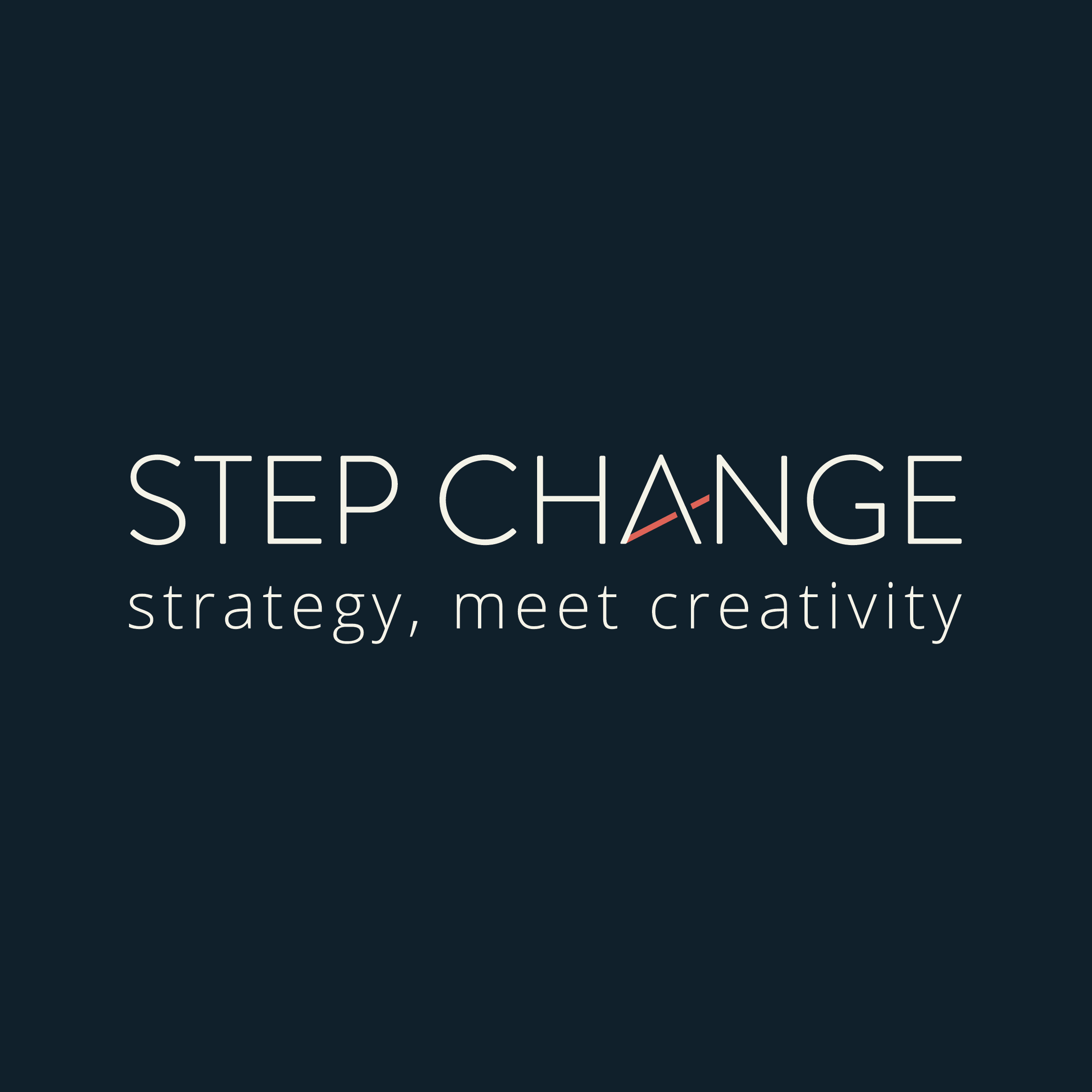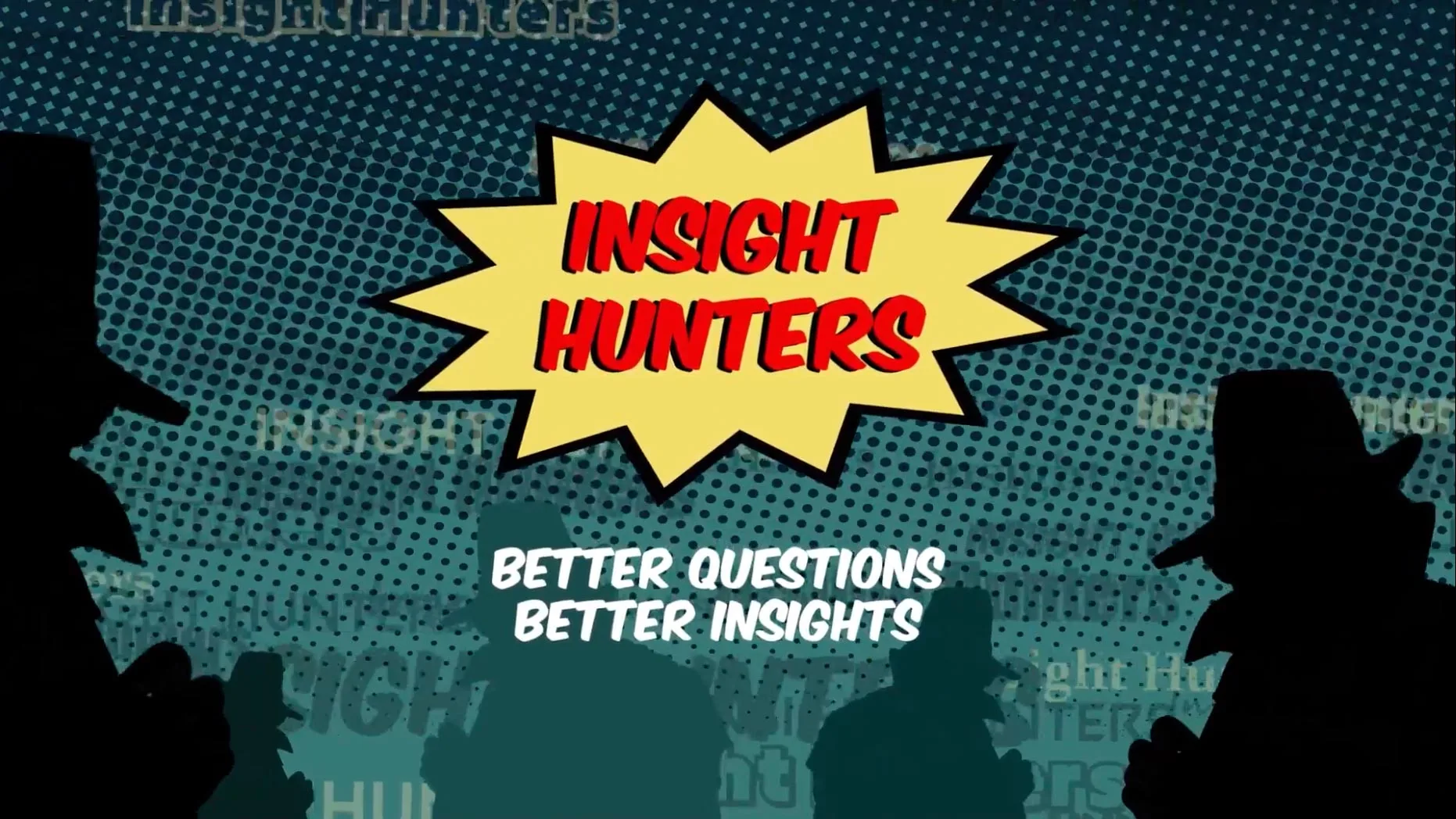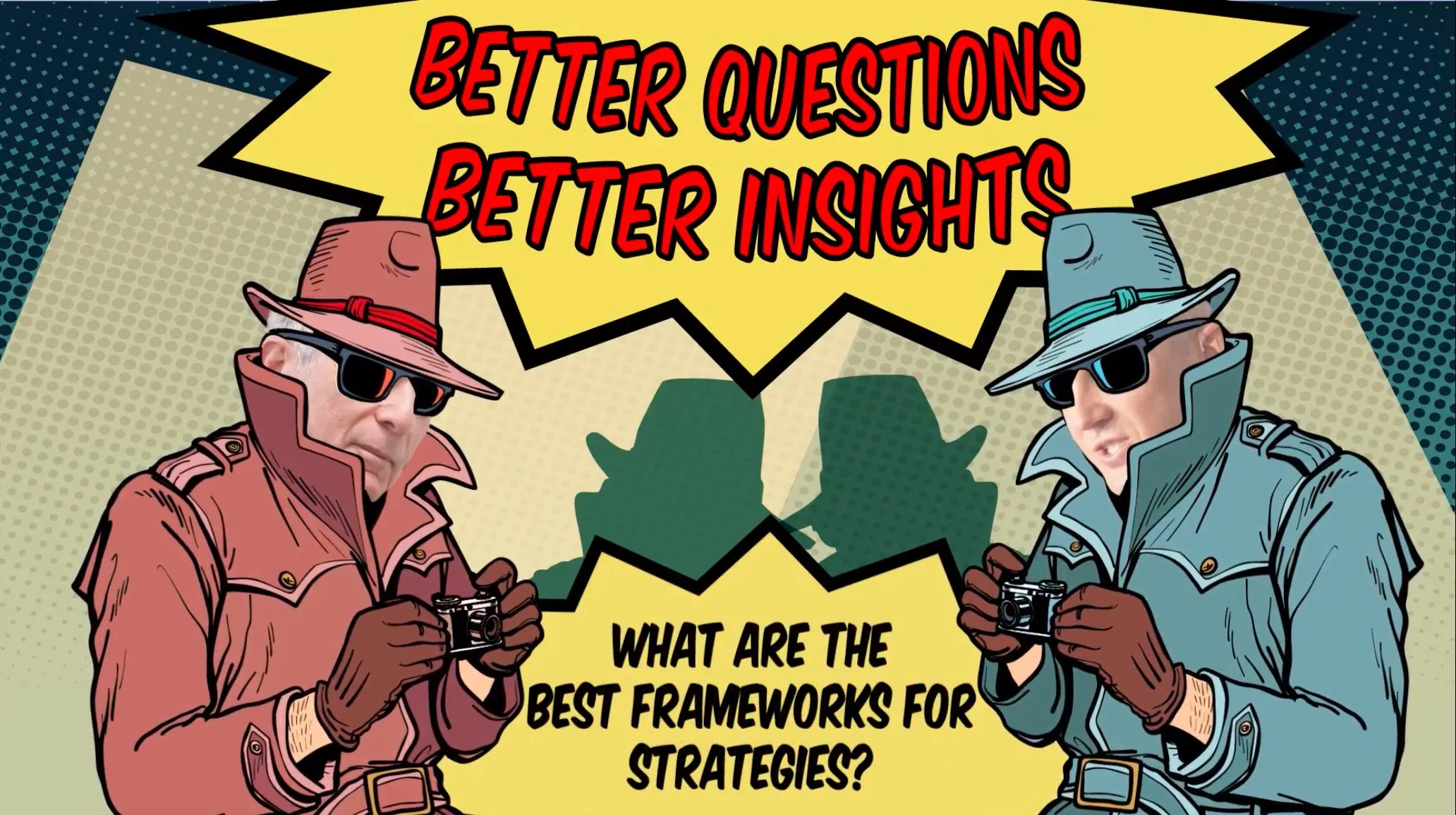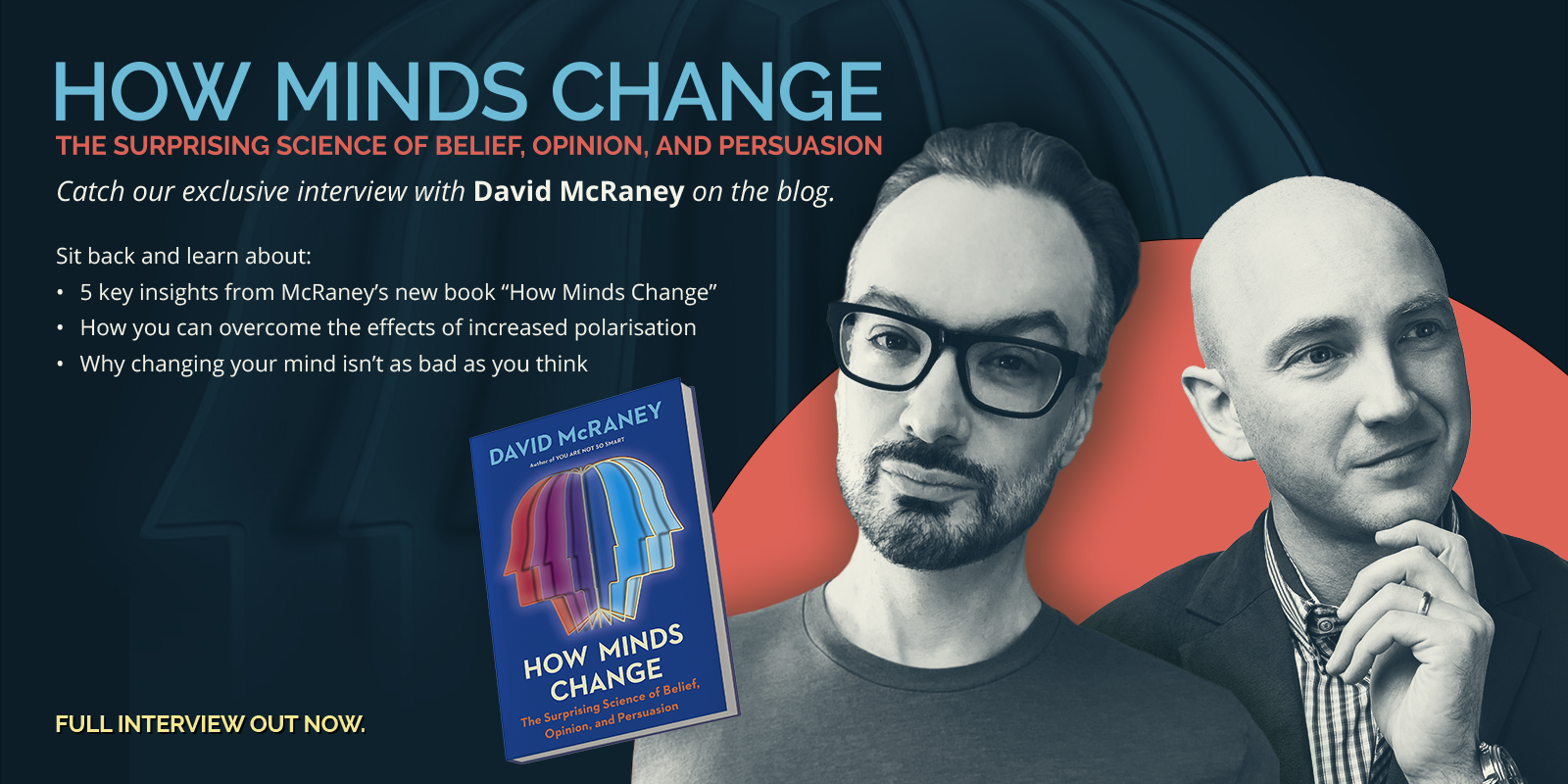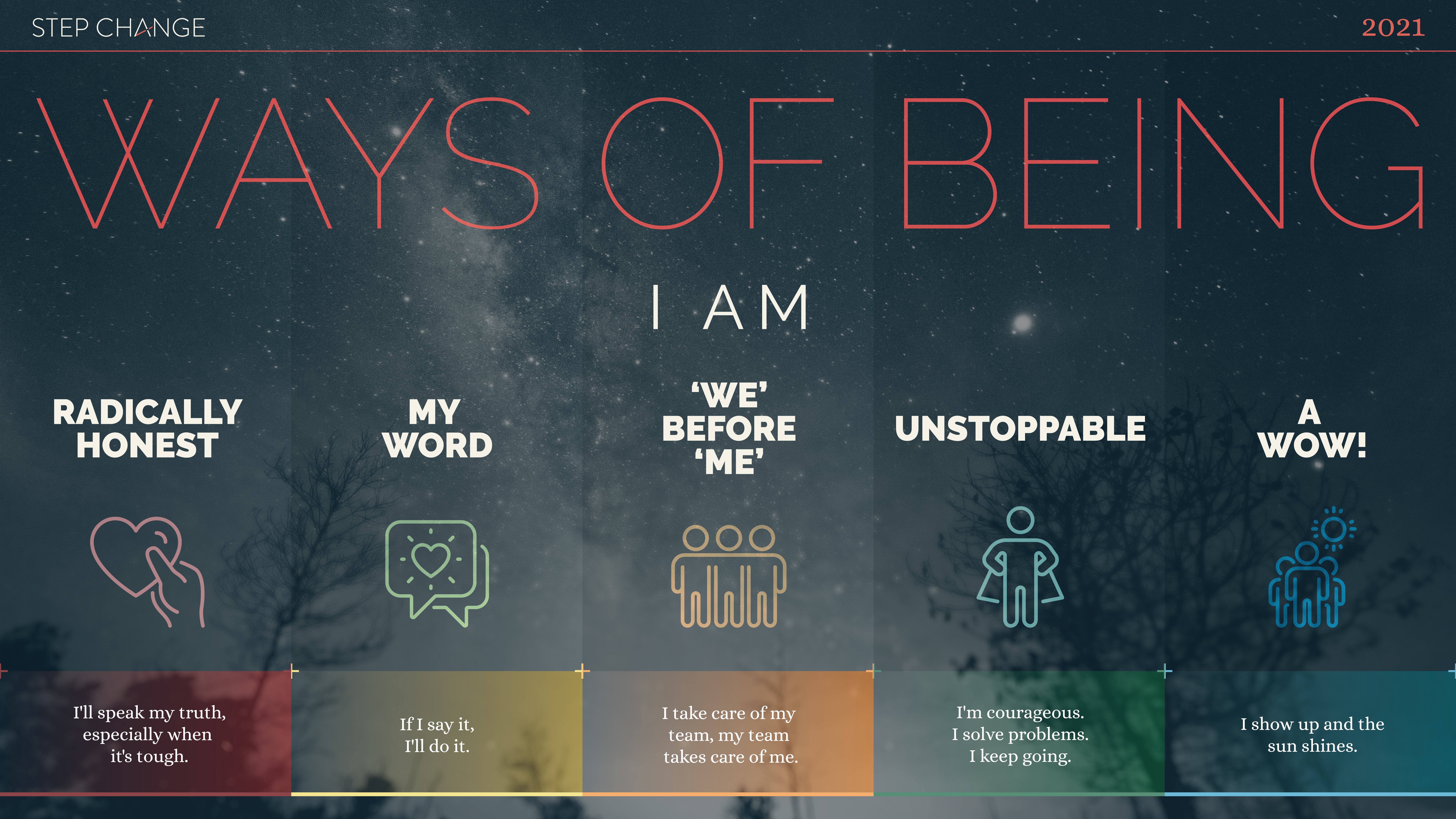With reports around privacy issues, censorship, and loss of data on social media higher than ever before, alternative user-owned social networks are gaining popularity. But how does this impact brands and their social media strategy?
Insight: Many users are now seeking alternative private and user-owned networks by which to share data and socially interact online.
Data: 84% of consumers’ outbound sharing from websites now occurs via a private network, which is expected to increase in the next few years.
Key Action Point: Learn how user-owned social media can impact brands and businesses and use these insights to inform your social strategy.
The state of social media today is ripe with algorithm changes, controversies on user data and privacy settings, content censorship, and recently, the cutting down of likes on Instagram and Facebook so users can focus more on the posts themselves and lessen its impact on mental health.
Social media faces a growing backlash on privacy concerns and users losing access to how their data is being used and shared in these platforms, brands need to focus their strategy on building trust and connecting with their audiences.
Social Media Today vs User-Owned Social Media
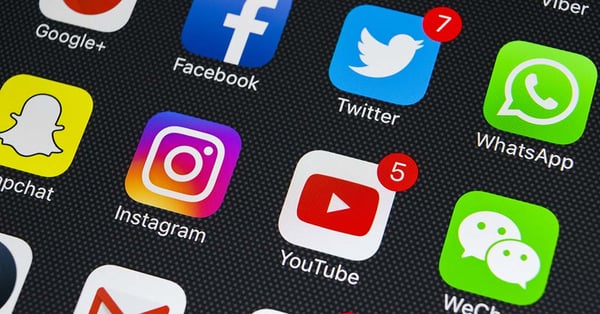
More social media users are clamouring for change in the midst of controversial company policies and reports of social giants harvesting the data of millions of users. Many users are now searching for safer, more private options by which to share their data online. Others are opting for online social interactions that happen privately such as through email and messaging apps and other private social channels.
Social Media platforms like Facebook, LinkedIn, Twitter, and YouTube are comprised of a network or community of people that produce and publish content and share information. These social media tools have been recently released under open source licenses, meaning that users could use, but not necessarily modify or distribute the tools.
According to Open Source for America, “Open source is a collaborative development model for software creation. It harnesses the power of distributed peer review and transparency of process to develop code that is freely accessible and released under an open-source license.”
This means it enables a community of different developers to innovate and work towards one goal. It operates on the premise that a collective of developers is greater than one.
With these developments and in light of the growing call from social media users to have more control over their data, the content they share, and the features they need , we now see the growth of these alternative user-owned social media networks.
Here are a few reasons why user-owned social media networks may become the next big thing.
Better User & Data Privacy
Mastodon, one of the top user-owned social media networks today believes in giving back control of social networking to the users themselves. With Mastodon, users can publish anything content they want through a platform that is community-owned and ad-free. It also believes in providing a safer social media experience for users through its anti-abuse tools and features. Because Mastodon’s network is independent and spread out, there are more moderators available who can be of help while other servers have strict codes of conduct.
An Army of Federated Networks
Most open-source networks run on a group of different networks that can communicate and share information easily. Email is the most widely used example of a federated communications network.
Users can join instances or servers owned and run by other users. They also have the ability to create their own instances and follow people. They also have the option to connect and follow other people from other public servers and share information with them.
User-Owned Networks Are User-Oriented
Perhaps one of the biggest complains from social media users today is how big social media networks like Twitter continue to ignore their clamour for essential features. User-owned social media networks have heard this need and are coming up with the right solutions., Rather than being brand-oriented, user-owned networks are tailored specifically to make users happy. No one has to pay to join and user-owned networks are not tied to advertisements.
They offer subscriptions to users who need more control and allow users to buy more features like more control or help in running their own servers. Minds, in particular, is taking a step forward in user involvement, allowing users to become part-owners through a crowdfunding campaign.
Greater Control Over the Content You Share
One of the biggest drivers of user-owned social media is seeing how content developers and advertisers struggle with today’s leading social media channels. Seeing this need has encouraged them to push for more control over content, ads, and boosts in open-source and user-owned channels.
Mastodon advocates for more user control over the content they share. Unlike Twitter’s 150-character limit, Mastodon gives users up to 500 characters. Their users can also adjust their picture thumbnails using focal points, use custom emojis, and choose who can see a given post. Mastodon is also a little more forgiving with mistakes, allowing users to easily delete and update posts for corrections.
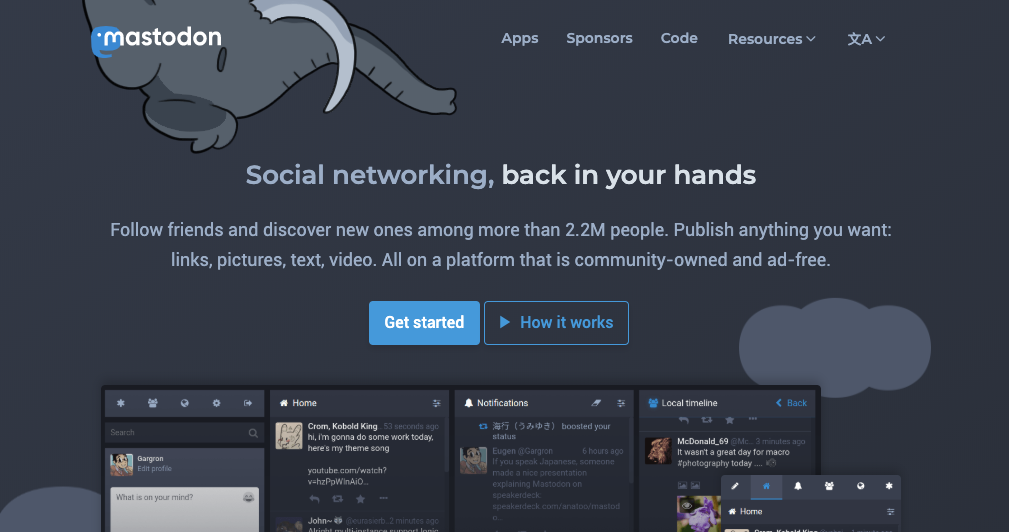
Open-Sourced Networks Are Ad-Free & Offer User Rewards
In the wake of today’s social media privacy scandals, more and more users are starting to realise how big social media platforms are earning billions through targeted ads based on their online data. And users and alternative networks have started to mull over the possibility of these platforms paying users for the valuable data they share instead.
Minds, another open-source social network platform, has set out to do this by awarding tokens to users when others interact with their content or encourage their network to spend more time in the platform. Even with only one million users, Minds has gone a different direction with the way it handles ads. For example, Minds has a similar newsfeed as Facebook but follows a reverse-chronological timeline. You’ll also find ads or boosts on your newsfeed that users can remove for a monthly subscription.
Minds believes in helping people make money online. The tokens that users receive can be used to buy newsfeed boosts or peer-to-peer boosts (paying another user to share your post to their followers). Although it is similar to how today’s social media platforms pay influencers to share their posts, Minds empowers its users to do this out in the open.
Tying It Together
With today’s social media channels battling data breaches and censorship, user-owned social media is quietly disrupting their space by being more user-oriented, offering better user and data privacy, and giving more content control — drawing jaded social media users to jump ship.
With growing data breaches, content censorship, and zero control over the features that have been rolled out, social media users know what they want and are inspiring a revolution that user-owned social media networks are ready to answer.
If you’re curious to find out more information on how you can unlock your brand’s full potential through social media, contact us today.
